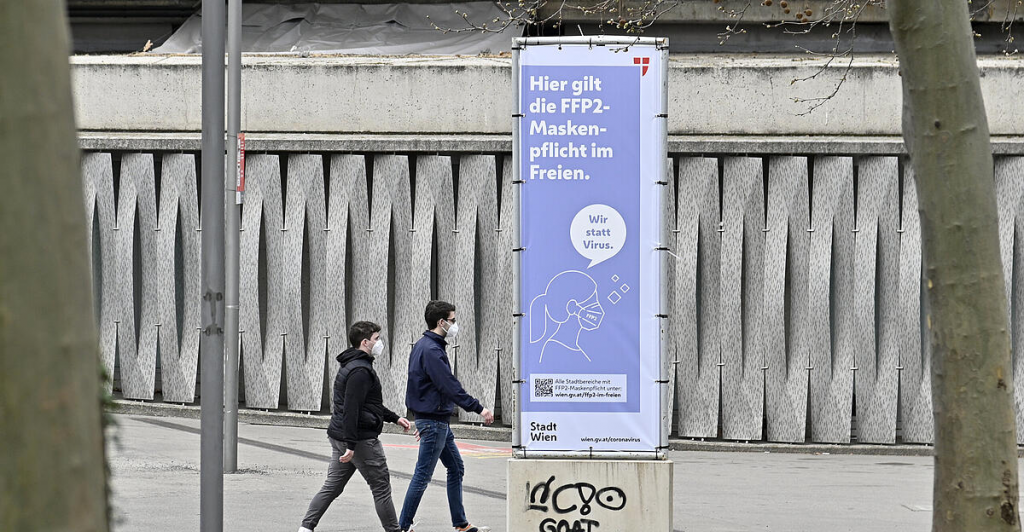A letter to the German and state governments stated: “If we want to control the epidemic, we must educate people that the danger is at home.” However, arguments about strolling river parks, staying in beer gardens, jogging, or biking are counterproductive.
To be sure, the coronavirus spreads mainly through the air. “Unfortunately, to this day, the basic results of our research work have not been translated into practical action,” criticize the authors of the letter available to Deutsche Presse-Agentur. Measures should be taken in apartments, offices, classrooms, apartment complexes and care facilities. They warn that infection also occurs indoors if you have not met someone directly, but the infectious agent was previously in a poorly ventilated room. However, arguments about strolling river parks, staying in beer gardens, jogging, or biking are counterproductive.
Curfews can be counter-productive
The experts wrote that measures such as the requirement to wear a mask when running on the Alster and Elbe rivers in Hamburg are of a symbolic nature “and do not have any significant impact on the rate of injury.” Pathogens SARS-CoV-2 can be transmitted indoors almost without exception. This is extremely rare outdoors, in the alcohol range. The message says that limited resources should not be wasted on this. Larger groups – the so-called clusters – never get caught outside, and they can also be observed indoors, for example at homes, schools, events, choir exercises, or bus trips.
From a scholarly perspective, the curfew also promises more than it can achieve. “This does not prevent secret meetings at home, but rather increases the motivation to evade government orders,” they wrote. “Wearing a mask in the pedestrian area and then having a coffee table in your living room without a mask is not what we the experts in infection prevention understand.” With exit restrictions, politicians want to prevent people from meeting at all for some time.
Experts advise
Instead, the authors recommend several measures such as making meetings indoors as short as possible, creating conditions such as open air with frequent interference or cross ventilation, wearing effective masks indoors, and installing air purifiers and room filters wherever people who are staying for the longest period of time should. To keep rooms closed – for example in nursing homes, offices, and schools.
“The combination of these measures leads to success,” the report continues. “If this is communicated appropriately, people will also regain some freedom of movement during these difficult times.” The signatories include the President of the Aerosol Research Association Christoph Spach, Secretary General Birgit Wiener and former President of the International Aerosol Society in Medicine Gerhard Schisch.

“Food practitioner. Bacon guru. Infuriatingly humble zombie enthusiast. Total student.”









More Stories
Kyiv: Russian Kursk offensive halted
US Presidential Election: Former US Government Officials Warn Against Donald Trump's Election
Netherlands wants to leave asylum system